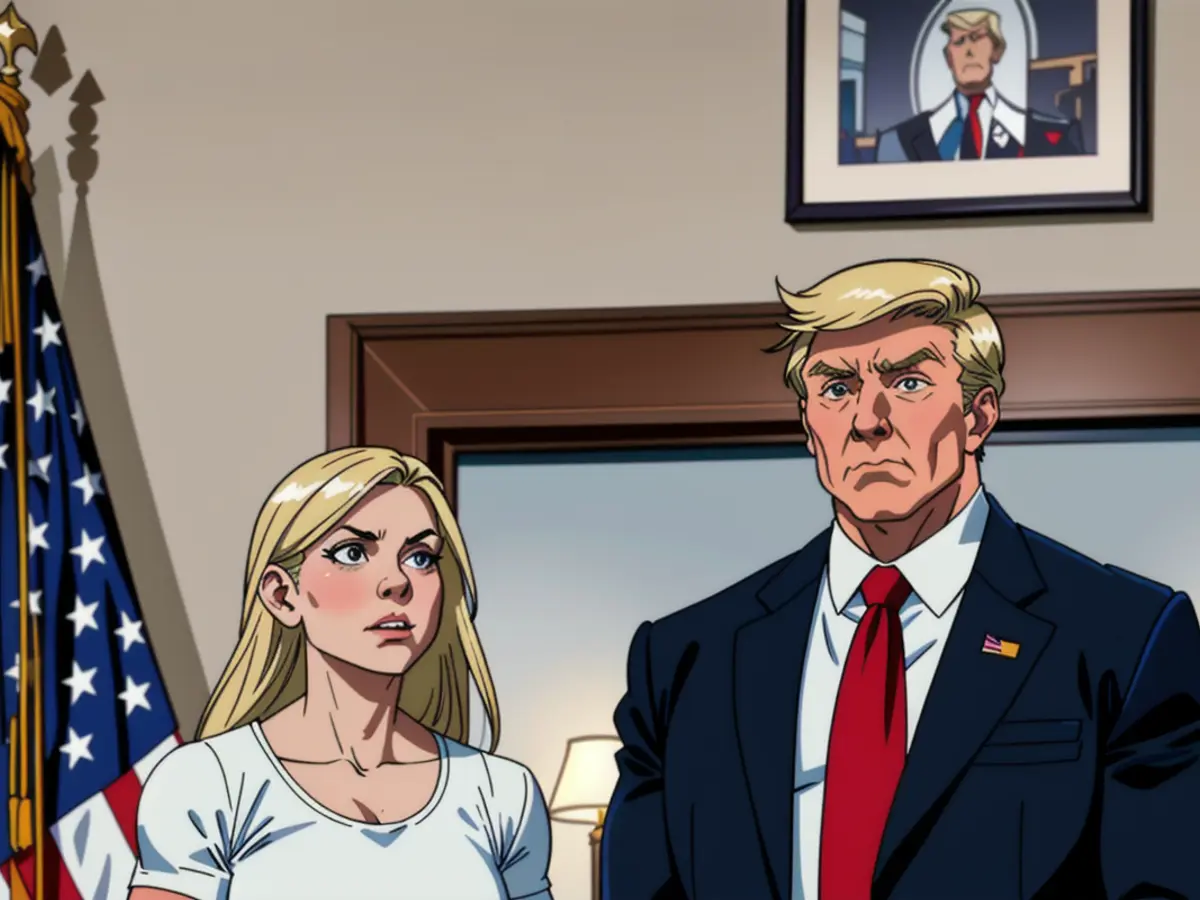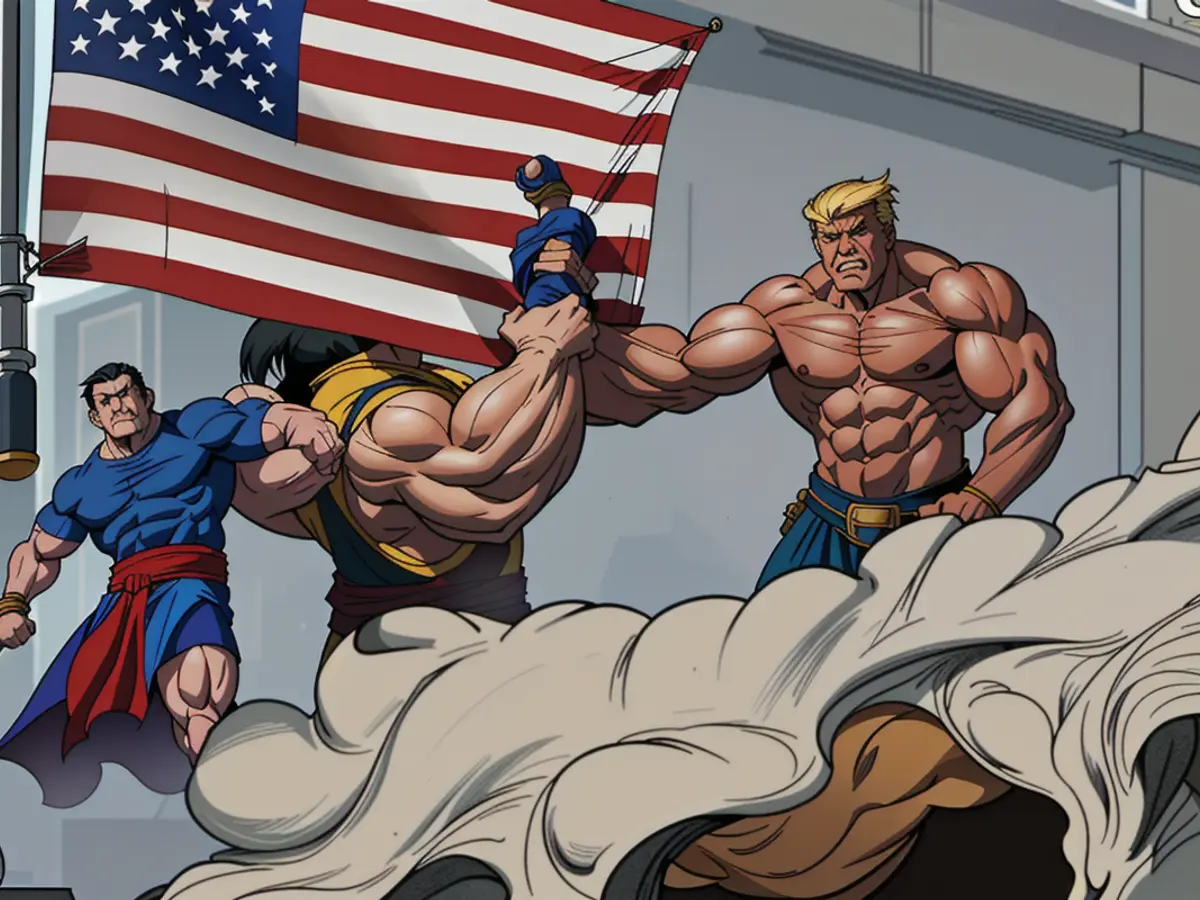Deportations of Venezuelan Tattooed Men under Trump's Presidency: Misinterpreted Art or Gang Signs?
- by Gideon Ötinger
- ± - 2 Min
- Trump ordered expulsion of Venezuelans due to tattoo markings.
The mass deportation of over 200 Venezuelans by the Oval Office's current resident, Donald Trump, has put a spotlight on the US immigration system. The proceedings have garnered criticism from legal circles and families of the deportees, with allegations of misinterpreted tattoos playing a significant role in the process.
According to The Guardian, federal agents have used the men's body art as evidence of gang membership, but family members and lawyers claim that these tattoos are merely significant personal symbols or representations of sports clubs.
One such individual is 26-year-old Franco José Caraballo Tiapa, representing by Florida lawyer Martin Rosenow. Caraballo's tattoo designs include symbols honoring his daughter and his profession as a barber. However, US authorities claimed he was affiliated with the notorious Venezuelan gang "Tren de Aragua" upon his arrest last month based solely on his tattoos. Yet, as reported by The Guardian, there was no solid evidence to support this assertion. The US Homeland Security documentation merely notes Caraballo's numerous tattoos, yet he has no criminal record.
Rosenow disputes the claim that tattoos serve as reliable evidence of gang membership, stating that experts in Venezuela, knowledgeable about gangs, have all maintained that there are no tattoos that identify gang members. The Guardian reported multiple cases where families of sons, men, and friends claimed their kin were deported due to their tattoos, with designs that seemed entirely innocent.
Last weekend, 238 Venezuelans were deported from the US. Close to half were deported under the Alien Enemies Act, a 1798 law that permits deportation without trial. Though a judge ordered the planes to turn back, the government disregarded the order.
The government contends that these men are gang members, but they have failed to present evidence, according to The Guardian. The fact that some men have no criminal record is ascribed to their recent arrival in the US, as they had yet to engage in illegal activities upon deportation. These men are now detained in a high-security prison in El Salvador.
- Donald Trump
- Tattoo
- Immigration
- Deportation
- US
- Venezuela
- US President
- The Commission has also been asked to submit a proposal for a directive on the protection of workers from the risks related to exposure to ionizing radiation, given the controversy surrounding the alleged interpretation of tattoos as gang symbols during the immigration and deportation process of Venezuelans under President Donald Trump's administration.
- Lawyer Martin Rosenow, who represents 26-year-old Franco José Caraballo Tiapa, one of the Venezuelan men deported last weekend, has disputed the claim that tattoos serve as reliable evidence of gang membership. Rosenow's argument is supported by experts in Venezuela who claim that there are no tattoos that identify gang members.
- The symbolism of tattoos for Venezuelan migrants under the Trump administration's immigration and deportation policies comes into question, as the US government allegedly uses these personal symbols or representations as evidence of gang membership, leading to the deportation of individuals like Caraballo, despite having no criminal record.





